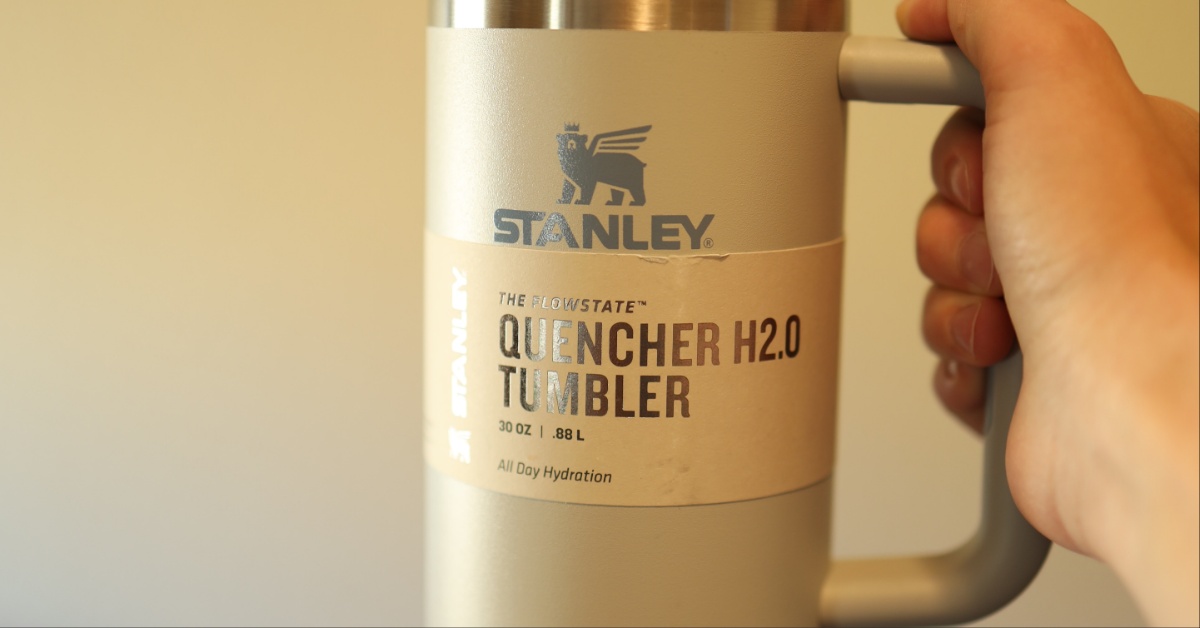
Photo by Natilyn Photography on Unsplash
Do Stanley Cups Contain Lead? The Company’s Surprising Answer
January 25, 2024
Stanley’s Quencher cup has become a viral sensation. Customers are causing chaos in stores such as Target and Starbucks, which offered limited-edition colors of these large beverage holders.
The cups are a hot topic of discussion regarding proper cleaning and, most of all, if the cup’s interior contains chemicals that harm consumers. The latest Stanley debate is whether the cups have lead, prompting the company to make a surprising statement.
A rep for Stanley recently dispelled speculation in a statement to WCNC Charlotte. The statement addressed the controversy head-on with a surprising answer.
“Please rest assured that no lead is present on the surface of any Stanley product that comes in contact with you or the contents of your container,” the rep told the publication. “Every Stanley product meets all U.S. regulatory requirements, including California Proposition 65, which requires businesses to warn Californians about heavy metal and chemical exposure.”
Stanley did say it seals its insulated products with an industry-standard pellet that includes some lead. However, they claim the pellet is completely covered and enclosed by a stainless-steel cover, making it inaccessible to consumers.
The Stanley representative statement comes after several videos on TikTok have gone viral over claims that their cups have lead in them by Tamara Rubin of “Lead Safe Mama.” “So just confirmed that the Stanley is leaded,” @leadsafemama_2022 announced in a video uploaded last year.
The woman then used a LeadCheck swab, which turns pink if the lead present is bioavailable, to test the Stanley cup further. The swab did turn pink shortly after contact with the bottom of the cup.
A 1994 report from OSHA states the “FDA reported that the [LeadCheck swabs] were able to detect the presence or absence of lead in 96.6% of the pieces tested.” It also explains that, as with any testing, some elements can interfere with the result. They suggest that samples taken should be sent to a certified lab for a more thorough lead determination.
Recent News
McDonald’s Promises Bigger Burgers Amidst Mixed Q1 Results
McDonald’s has been making changes to its menu options since the beginning of the quarter.
Bulk Organic Walnuts Sold at Whole Foods Recalled Due to E. Coli Outbreak
The walnuts, sold in several states across Whole Foods and other markets, have sickened 12 people so far.
Amazon and Starbucks Share How Cautious Customers Are With Their Spending
Amazon and Starbucks executives believe U.S. consumers are becoming increasingly frugal with their spending.
Screenshots Imply TikTok Is Avoiding Apple App Store Fees
According to new evidence, TikTok might be finding ways to bypass Apple App Store fees.

